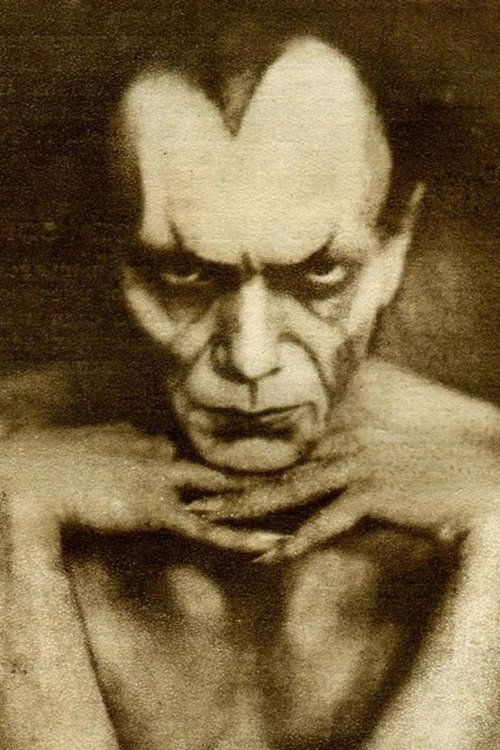
Aleksandar Vereščagin
Personal Info
Known For Director
Gender Male
Birthday 1885-02-25
Deathday 1962-10-23 (77 years old)
Place of Birth Moscow, Russian Empire [now Russia]
Also Known As Aleksandar Aleksandrovič Vereščagin
Aleksandar Vereščagin
Biography
Alexander Aleksandrovič Vereščagin (Moscow, February 25, 1885 - October 23, 1962, Chicago) was a Russian director, actor and theater pedagogue. As a Russian emigrant, he worked on the territory of the Kingdom of Yugoslavia. He is one of the most significant and versatile Russian emigrants who worked on the art scene of the Kingdom of SHS/Yugoslavia. He graduated from the Nikolaev Academy of Engineering (1905) at the same time as the Drama Academy in Petrograd (1906). He acted in theaters in Pskov, Petrograd, Moscow and Kiev. For a time he stayed in Paris, where he starred in the films Death of a Soldier, Woe to the Trustees, Church of the Virgin Mary, The Railroad Supervisor's Daughter, Poltava. He participated in the First World War, and from 1918 he was the director of the Russian Theater in Batum in the Caucasus. He came to the Kingdom of SHS in 1919. He was a director at the National Theater in Belgrade, and then worked in theaters in Skopje, Sarajevo, Zagreb, Novi Sad, Split, Cetinje, Pančevo and Banja Luka. He directed and played the male lead in the silent film Passion for Adventure (1922), which is considered lost. Immediately after the war, he was the director and artistic director of the theater group in Pančevo, for which he directed "Antigone" on September 13, 1945. Veraščagin came to the Pančevo theater in 1942 and stayed with his wife Maria, an actress, until the end of the 1946/47 theater season. After the end of the Second World War, he spent a short time in Cetinje and Osijek, after which he went to the USA, where, under the direction of Koštana, he celebrated the fiftieth anniversary of his artistic work (1953) at the Serbian Theater in Chicago. With his arrival in Banja Luka, in the 1934-1935 season, the National Theater of Vrbaske banovina underwent a radical modernization. Although he was educated in the spirit of psychological realism, his theatrical writing is characterized by stylization and caricature, the so-called. the aesthetics of a distorted or cloudy mirror. On the Banja Luka stage, he directed plays: Branislav Nušić's Encounter and the Grieving Family, Lav Urvancev's Marusja, William Shakespeare's Epiphany Night, Momčilo Milošević's Jubilee and others. In the Kingdom of Yugoslavia, he was awarded the Order of Saint Sava, 5th degree (1936).